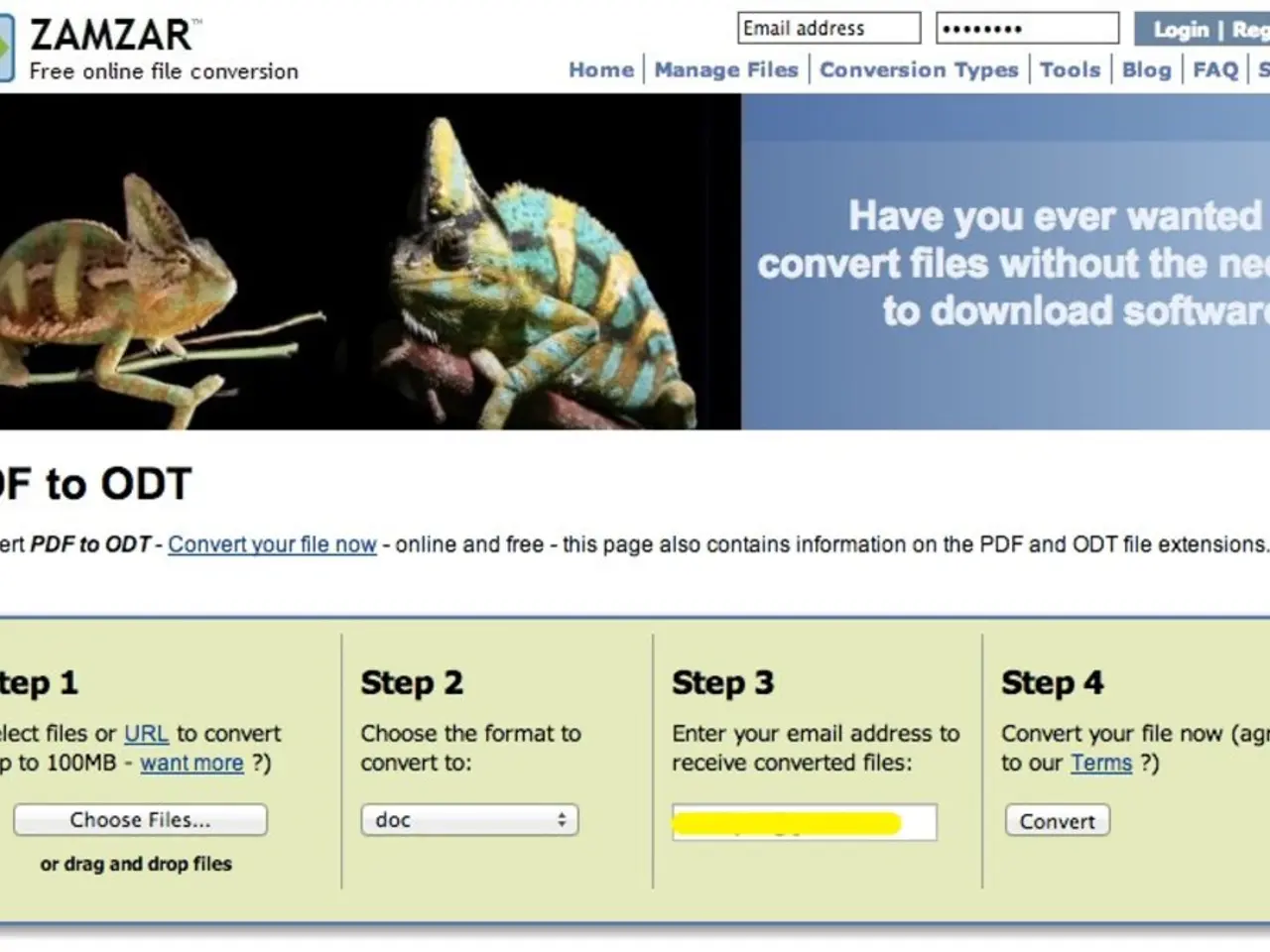Debate over Donor Registration: Which System - Consent-Based or Presumed Consent - Makes for More Effective Organ Donation?
Picking a Side: Opt-in or Opt-out Organ Donation Systems - A Global Comparison
Organ donation policies worldwide show a significant variety. But which method is most effective: opt-in or opt-out? A research group from the UK took a deep dive into the organ donation protocols of 48 countries to find answers.
The opt-in approach requires individuals to actively sign up for organ donation after their demise. On the other hand, opt-out systems automatically donate organs unless there's a specific request to the contrary before death.
Prof. Eamonn Ferguson, the lead author from the University of Nottingham, UK, points out some potential drawbacks of both systems: "People may hesitate for several reasons, such as loss aversion, effort, and trusting that the authorities have made the right decision."
However, in the opt-in system, inaction can result in the loss of potential donors who'd wanted to donate (false negatives). Conversely, in the opt-out system, inaction might lead to an individual who doesn't wish to donate becoming a donor (false positives).
The United States follows the opt-in method. Last year, 28,000 transplants were made possible due to organ donors. However, around 18 individuals die daily due to organ donor shortage.
Making a Choice: In or Out?
The researchers from the University of Nottingham, University of Stirling, and Northumbria University examined the organ donation systems of 48 countries over a 13-year period. Out of these, 23 countries used the opt-in system, while 25 implemented the opt-out system.
The authors analyzed overall donor numbers, numbers of transplants per organ, and the total number of kidneys and livers transplanted from both deceased and living donors.
The study revealed that countries using opt-out systems had higher total numbers of kidneys donated – the organ most needed by people on organ transplant lists. Opt-out systems also recorded a higher overall number of organ transplants.
Opt-in systems, however, had a higher rate of kidney donations from living donors. This influence of policy on living donation rates is a novel discovery, as Prof. Ferguson notes, "a subtlety that needs to be highlighted."
The authors admit that their study had limitations. They didn't differentiate between the varying degrees of opt-out legislation in some countries, where family members' permission was required for organ donation. The study's observational nature also left other factors affecting organ donation unassessed.
Stepping Forward
The researchers published their findings in BMC Medicine, stating that "opt-out consent may lead to an increase in deceased donation but a reduction in living donation rates. Opt-out consent is also associated with an increase in the total number of livers and kidneys transplanted."
They suggest that these results could be used to inform future policy decisions but could be strengthened further through the collection and public availability of international organ donation data such as consent type, procurement procedures, and hospital bed availability.
In the future, researchers could also explore the perspectives of individuals making the decision to opt-in or opt-out, blending survey and experimental methods for a deeper understanding of the influence of consent legislation on organ donation and transplantation rates.
The authors also acknowledge that countries employing opt-out consent still face organ donor shortages. Therefore, completely changing the system is unlikely to solve this problem. They suggest that consent legislation or adopting aspects of the "Spanish Model" could be potential solutions to improve donor rates.
Spain, the country with the highest organ donation rate globally, uses the opt-out method. The success is attributed to measures such as a transplant coordination network working at both local and national levels and an improvement in public information about organ donation.
Recently, Medical News Today published a spotlight feature on farming animal organs for human transplants – a potential or emerging issue to address the organ shortage or a problem that requires changes in organ donation policy?
Written by James McIntosh
Enrichment Data:
Overall:
Weighing the Pros and Cons: Opt-in and Opt-out Organ Donation Systems
Overall Organ Transplant Numbers
While opt-out systems appear to increase organ donation rates due to the presumption of consent, the actual impact on organ recovery is generally limited, often within a range of 0%–5% of all opportunities[1][3].
- Impact on Organ Donation Rates: Studies suggest that while opt-out systems may theoretically provide more organs, the practical impact on recovery rates is often minor.
Kidney Transplants
Kidney transplants are essential for organ donation, and the effect of opt-in vs. opt-out systems on kidney donation rates is similar to overall trends.
- Kidney Donation Rates: Research findings don't provide comprehensive insights into the impact of opt-in vs. opt-out systems on kidney donation rates. However, the general trend suggests minimal differences[1][3].
Lower Living Donor Rates in Opt-out Systems
Opt-out systems tend to have lower living donor rates. This outcome might be linked to psychological factors or the way individuals perceive their role in the donation process.
- Possible Reasons for Lower Living Donor Rates: The lower living donor rates in opt-out systems could be influenced by a variety of factors, including psychological and behavioral factors not fully captured by existing research. In opt-out systems, individuals may feel less personally involved in the donation process, potentially leading to lower rates of living donations[4].
In summary, while opt-out systems theoretically increase organ availability, the actual impact on organ recovery, particularly for kidneys, is generally insignificant. The reasons for lower living donor rates in opt-out systems are complex and need further investigation.
- The study conducted by researchers from the University of Nottingham, University of Stirling, and Northumbria University found that countries using opt-out systems had higher total numbers of kidneys donated, despite a higher rate of kidney donations from living donors in opt-in systems being observed.
- The authors of the study pointed out that opt-in systems may result in false negatives, where potential donors who wish to donate are lost due to inaction, while opt-out systems may lead to false positives, where individuals who don't wish to donate become donors due to inaction.
- Paxlovid, a medication used for treating COVID-19, might not be a direct concern in the organ donation context, but addressing health-and-wellness and medical-conditions is crucial in maintaining the transplant eligibility of potential donors.
- In the realm of organ donation, policies play a significant role in determining donor numbers and transplantation rates, yet it remains essential to acknowledge that opt-out consent alone may not completely solve the organ donor shortage issue.
- The contextual differences in organ donation systems between countries have significant implications for public health, as they can impact the availability of organs for transplantation, and subsequently, the health outcomes for individuals with medical-conditions needing organ transplants.
- Transplant policies and the subtlety of consent legislation, such as the differences between opt-in and opt-out systems, can have profound effects on the number of organ donations and the overall health-and-wellness of individuals living with medical-conditions requiring organ transplants, much like the subtle yet profound impact of ordination in religious contexts.








